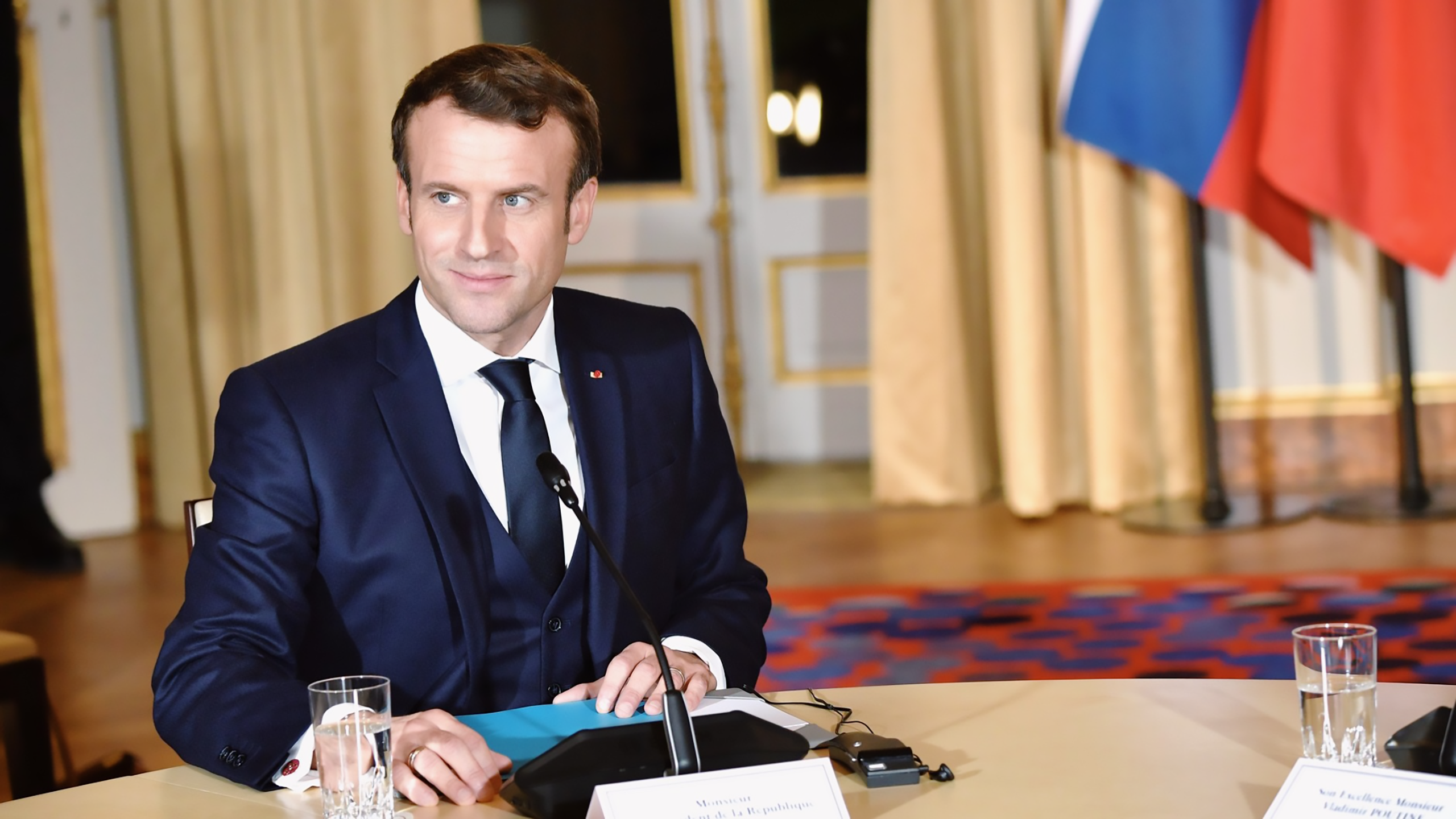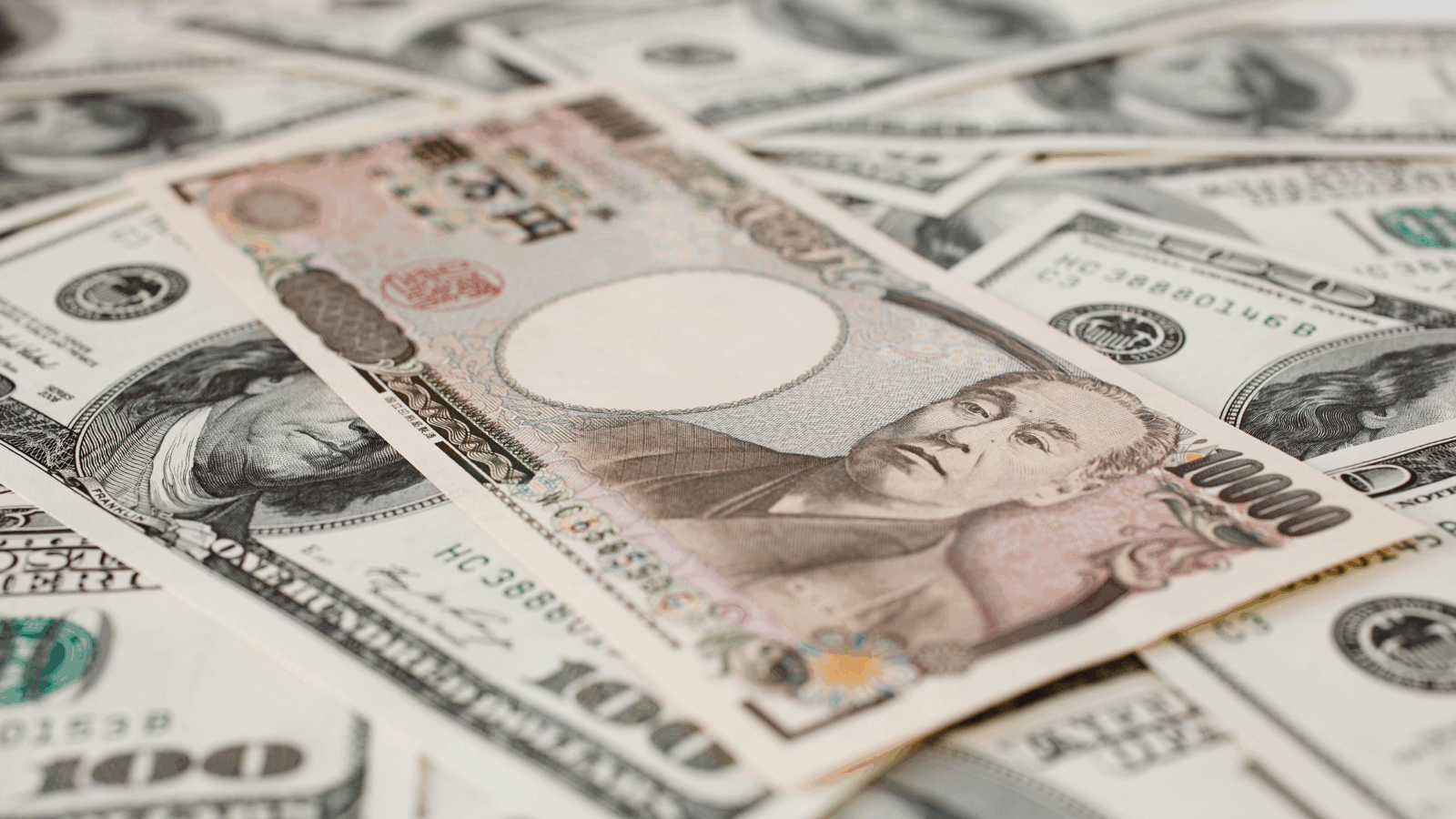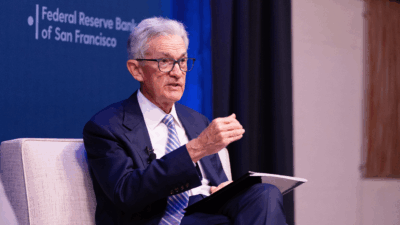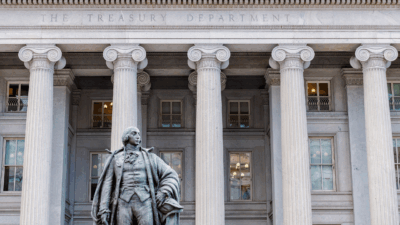Macron Taps 33-Year-Old to Lead France Out of Economic Wilderness
After two months of a post-election stalemate, French president Emmanuel Macron appointed a government Saturday.
Sign up for smart news, insights, and analysis on the biggest financial stories of the day.
After two months of an unprecedented post-election stalemate that left the world’s seventh-largest economy in political paralysis while its public finances deteriorated, French President Emmanuel Macron appointed a government Saturday.
The country’s new finance minister is Antoine Armand, a 33-year-old civil servant-turned-political neophyte who was elected to the National Assembly for Macron’s Renaissance party just two years ago. His new job: Fix a ballooning budget deficit that could reach 6% of GDP this year. Sacré bleu!
Lord Have Bercy on Me
There are a whole bunch of factors weighing on France’s economy, but the big ones are glacial growth that depresses revenue (the economy grew a paltry 0.87% last year, compared to 2.5% in 2022) and increases in government costs (spending went up 3.7% last year, and 4% the year before).
In 2023, that unvirtuous cycle left the government deficit at €154 billion ($172 billion), accounting for 5.5% of GDP, way off the mark from a 4.9% target. Bercy — the French finance ministry’s nickname, taken from the Paris neighborhood where its headquarters are located — now thinks it could hit 6% this year, according to new estimates obtained by business newspaper Les Echos. That’s way above its 5.1% target. If that alone isn’t enough to make Armand’s first day at the office tough, there are other reasons he might soon be asking himself, “Tu es sérieux?”:
- Under French law, the government has to submit a budget to the country’s parliament by Oct. 1, a.k.a. in huit jours. It’s also against EU rules to run a deficit above 3% and, as part of a bloc procedure to rein in overspending, France has to submit a plan to trim its deficits to Brussels by Oct. 15.
- The new government will likely have to take highly unpopular measures, whether steep cuts or tax hikes or both — Les Echos estimates €40 to €50 billion worth just to get to a 5% deficit in 2025 (meanwhile, the president of France’s Court of Auditors doesn’t think 3% is possible until 2028 or 2029). Expect lots of street protests.
What to Cut? Almost everything. Last week Michel Barnier, the new prime minister, sent parliamentarians a list of potential cuts drafted by his predecessor, which he said he might change. France’s military would still get a €3 billion boost, but development aid would get cut by €1 billion, agriculture by €300 million, immigration by €100 million, higher education by €400 million, and sport by €200 million. “In a post-Olympic year where we are told we need to develop sports, that’s interesting,” joked National Assembly deputy Éric Coquerel.












